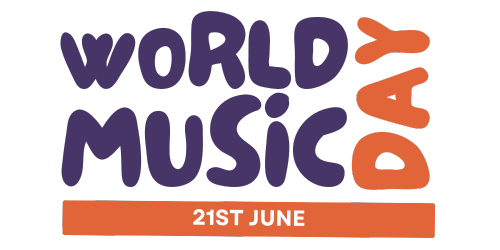Engaging parents and the community in music education is essential for creating a supportive environment that values and promotes the arts. When parents and community members are actively involved, students receive more encouragement and opportunities to showcase their talents, enhancing their learning experience and personal growth. Here are strategies and resources to help primary/elementary teachers engage parents and the community in their music education programs.
Communication and Involvement
1. Regular Updates: Keep parents informed about what their children are learning in music class through newsletters, emails, or a class website. Highlighting upcoming events, sharing photos or videos of class activities, and providing tips for supporting their child’s musical growth at home can foster a sense of involvement and support.
2. Parent Volunteers: Invite parents to volunteer for music-related activities, such as assisting with performances, organizing fundraising events for the music program, or helping to maintain instruments. This involvement can strengthen the music program and build a supportive community.
Performance and Event Opportunities
3. School Concerts and Performances: Organize regular concerts and performances where students can showcase their skills. Encourage maximum attendance by scheduling events at convenient times for parents and community members.
4. Community Events: Participate in community events, such as local festivals, parades, or charity functions. These performances not only provide students with real-world experience but also highlight the school’s commitment to the arts within the community.
Educational Workshops and Sessions
5. Music Workshops for Parents: Host workshops or information sessions for parents that provide insights into the music curriculum, share ways to support their child’s practice at home, or even teach basic musical skills, allowing parents to engage musically with their children.
6. Community Music Classes: Offer music classes or workshops that are open to the community. These could include introductory classes on various instruments, singing groups, or even music technology, fostering a broader community interest in music.
Collaboration and Partnerships
7. Partner with Local Music Organizations: Collaborate with local orchestras, bands, choirs, and music schools to provide students with opportunities to attend live performances, participate in masterclasses, or join community ensembles.
8. Community Sponsorships: Seek sponsorships or partnerships with local businesses to support the music program. This could involve funding for new instruments, scholarships for music camps, or sponsorships for special events.
Utilizing Digital Platforms
9. Social Media and Online Sharing: Create a social media page or YouTube channel for the music program where performances and class activities can be shared. This allows extended family and community members to engage with and support the students’ musical journey.
10. Virtual Performances: For broader reach and inclusivity, especially in times when in-person attendance may be limited, organize virtual concerts or performances. This allows friends and family from afar to participate in the students’ musical experiences.
Fostering a Music-Appreciative Community
11. Celebrate Music in Daily School Life: Incorporate music into daily school activities and celebrations, reinforcing the importance of music education. Invite parents and community members to these musical moments.
12. Community Music Day: Organize an annual Community Music Day where students, parents, and local musicians can perform together, attend workshops, and celebrate the joy of music. This event can highlight the value of music education and foster a strong, supportive community network.
Conclusion
Engaging parents and the community in music education requires consistent communication, opportunities for involvement, and the creation of a supportive and appreciative musical environment. By implementing these strategies, teachers can enhance the music education experience for their students, while also building a strong, vibrant community that values and supports the arts.
